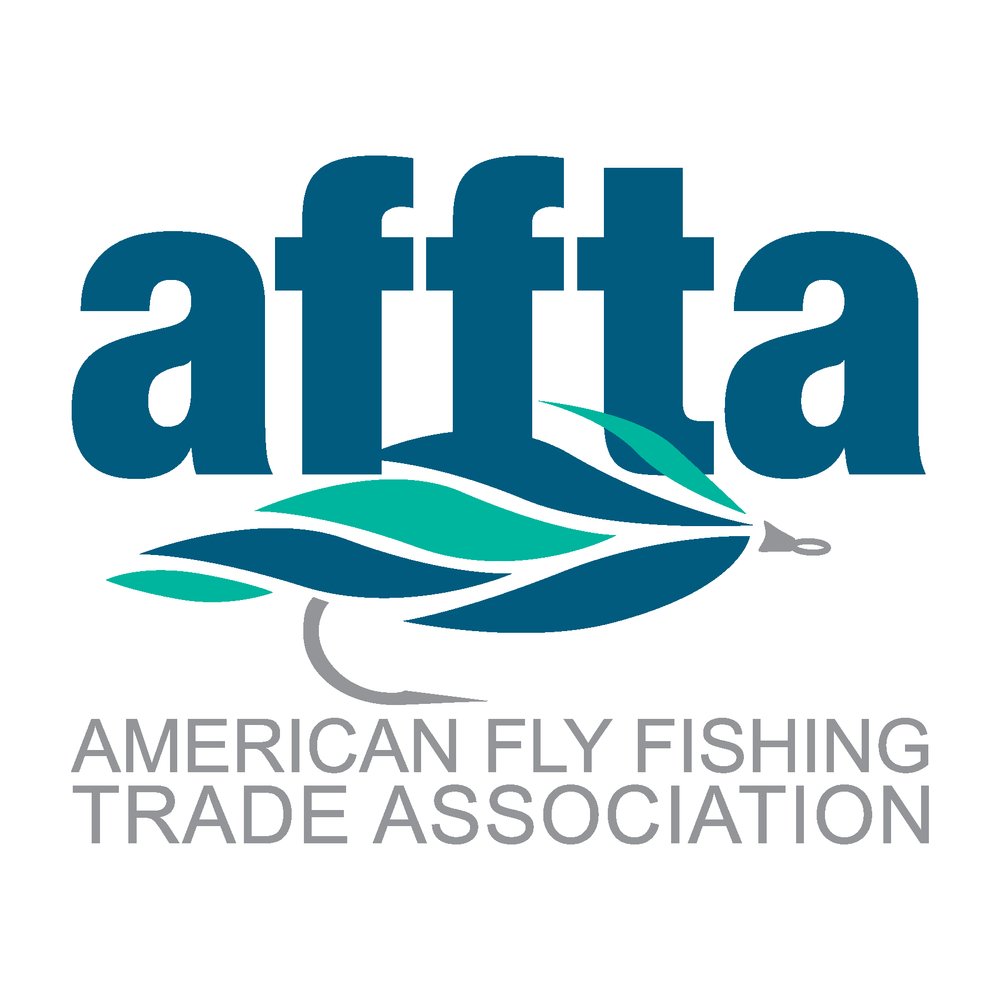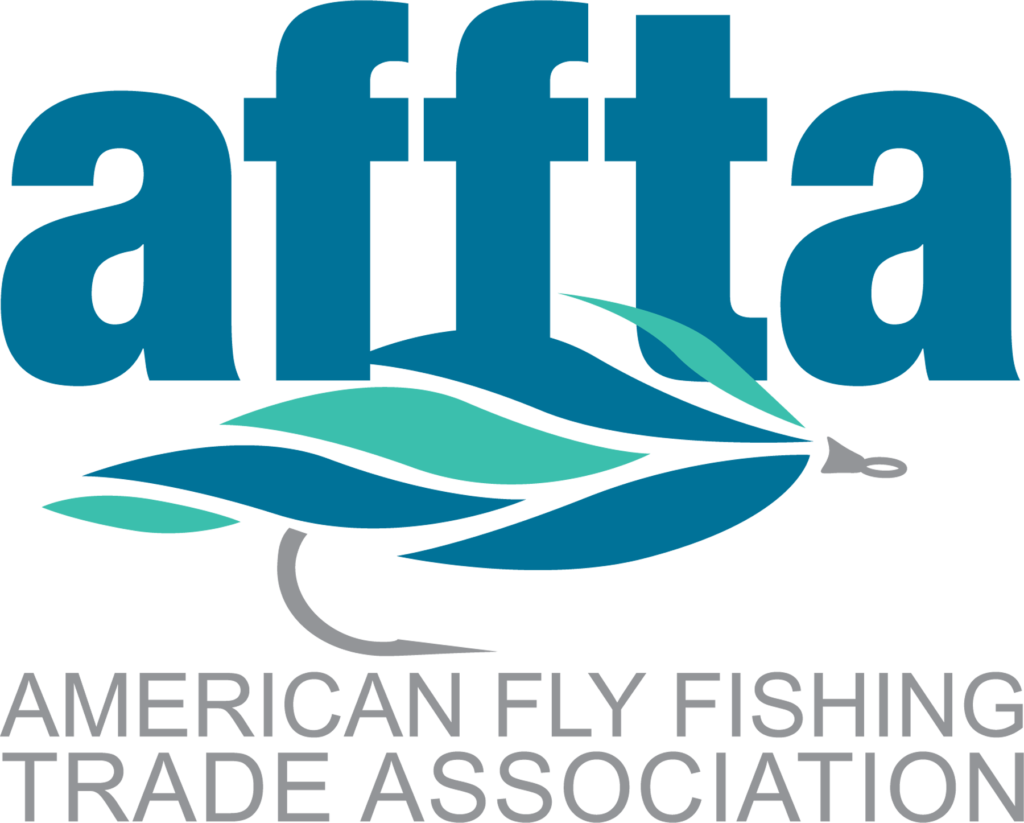Our Changing Waters
It’s mid-January, and while it may not be warm where you are, the negative impacts of our changing climate feel inescapable. While residents in rural North Carolina continue to pick up the pieces after Hurricane Helene, southern California is ablaze after an unprecedented and later-than-average combination of intense localized drought and intense wind events. All while the southern United States experiences yet another freezing event due to frigid air that on normal years stays trapped in the Arctic. Our sincere condolences and continued support go out to our members and colleagues currently experiencing these climate-related catastrophes. In our For Tomorrow’s Fish: Anglers Are The Key To Climate-Resilient Fisheries, three priority impacts on the fisheries our members depend on, clearly and directly linked to our changing climate, were outlined: Warming Ocean Temperatures, Seal-Level Rise and Increased Extreme Weather-related Events. So, how EXACTLY do these impacts affect fisheries, and what does that mean to anglers, and our members? Image: Popular Science Increased Extreme Weather- Related Events What This Means For The Fish: From 1970 to 2019, the number of extreme weather events has increased fivefold. In addition to becoming more frequent, extreme weather events have become more severe and unpredictable with respect to timing and location. In addition to the more familiar extreme weather events such as increasingly powerful and rapidly growing hurricanes, extreme floods and droughts, which destroy infrastructure and hamper anglers’ access, extreme weather-related events can include marine heatwave events such as “The Blob, ” which took hold of the Pacific Ocean from 2013-2015, disrupting the ecosystem, causing millions of salmon to avoid warmer U.S. waters and nearly extinguishing an entire age class of Chinook salmon in Northern California’s Sacramento River. However, as we’re seeing now with the arctic freeze overtaking southern and Gulf Of Mexico coastal fisheries, the negatives of climate change aren’t exclusive to heat in the northern latitudes. For instance, according to Texas Parks and Wildlife (TPWD), a 2021 winter blast caused no less than 3.8 million fish to perish along the Texas coast. Post-freeze surveys estimated that over 60 species were impacted, with fish stock requiring years of recovery. What This Means For Anglers: This means people who have traditional fishing plans (e.g., a spring break fishing trip) may no longer be able to carry out these traditions. Increased costs — for example, longer travel times to reach fishing grounds in deeper water, fewer safe fishing days, and changes to costs and availability of bait — could further extend existing inequality issues within the angling community. What This Means For AFFTA Members: A more recreational activity than commercial or subsistence fishing, the 8.1 million fly-anglers that went fly fishing in 2023 - many purchasing AFFTA members products and using AFFTA members services, - can be predicted to decrease if significant portions of recreational epicenters like Florida, Colorado and California are decimated by increased storm frequency and intensity. Not to mention that recreation activities are highly volatile during times of distress. Sure, encouraging participation in outdoor recreation like fly fishing is healthy for the mind, body and spirit, but, hard to imagine it’s the priority compared to a roof overhead or food on the table. Warming Ocean and Freshwater Temperatures: Covering more than 70% of Earth’s surface, the ocean’s high heat capacity has absorbed 90% of the warming that has occurred in recent decades. Historically, the top few meters of the ocean stored as much heat as Earth’s entire atmosphere. But the ocean’s capacity to protect us is waning. This heat absorption capacity has passed a tipping point, and temperatures in the ocean’s upper layers have increased significantly over the past few decades, placing our fisheries directly in harm’s way. What Warming Ocean Temperatures Means For Fish: No threat looms larger and more negatively affects our marine fisheries than warming ocean temperatures. Once-abundant fish populations have become less productive, which causes declines in overall abundance. Abundance is not only important for anglers, it is the single largest protection against unpredictability. Abundant fish populations are savings in the bank. Declines in population are compounded by fish populations shifting due to increasing water temperatures, which can lead to downstream impacts such as mismatches between predators and prey and anglers catching unintended species while fishing. Additionally, warmer waters also hold less oxygen. The overall decline in the oxygen content of oceanic and coastal waters is called “deoxygenation.” This is problematic, because just like for humans, fish require adequate levels of oxygen to survive. What Warming Ocean Temperatures Means For Anglers: Warming ocean temperatures not only pose never-before-seen challenges for fish but for anglers due to changes in fish behavior. For example, two of the Atlantic coast’s most iconic species — the black sea bass and striped bass — are landmark examples of oceanic warming altering both fish behavior and abundance. Black sea bass populations have steadily marched northward over the last few decades, and striped bass have seen changes in the timing of migration and spawning due to ocean warming. These changes are leading to an unforeseen set of management complications, including inaccurate abundance estimates, identifying where the fish are and how fishing should be allocated along the coast. Shifting fish distributions can also affect what fish eat; when they are in an area during seasonal migration; and how they interact with other fisheries, for example as bycatch. Many fish are shifting into deeper waters, which also can dramatically decrease anglers’ opportunities. What Warming Ocean Temperatures Means For AFFTA Members: With rising ocean temperatures, fishing activities will certainly continue to be impacted as costs increase because vessels require longer trips to access the fishing, yet anglers will spend less time fishing due to that increase of travel times. Of course, these costs and time increase risk, discouraging new and economically challenged anglers. Photo: Daniel Ritz / Courtesy Backcountry Hunters & Anglers What Warming Temperatures Mean For Freshwater Fish: Warming temperatures in streams and rivers threaten the future viability of fish stocks nationwide. “Trout Unlimited reported that as a result of climate change cutthroat trout are expected to lose more than 50% of their remaining habitat by 2080,” Andrew Soliday wrote for AFFTA member Emerger Strategies in 2021. Cutthroat populations often only exist in alpine lakes, tiny creeks, and streams, and as more drought years occur in places like Idaho, Montana, New Mexico, California and and Colorado, these small tributaries become smaller and less dependable for the cutthroat trout’s existence. You may ask, couldn’t warming freshwater temperatures just change fish stocks from historically cold water species to warm water like bass and pike? Maybe, but only to a certain point. In Texas, home to some of the finest largemouth bass fishing in the country, destination fisheries like Lake Fork bring in more than $18-millions dollars to local economies, and fisheries like Lake Fork are underthreat from the gauntlet of threats to fisheries from warming temperature, such as loss of habitat and food sources, decreased spawning success and increased susceptibility to invasive species and disease. What Warming Temperatures Mean For Freshwater Anglers: Across the nation, anglers are seeing their opportunities for traditional angling practices impeded by warming water temperatures. Since the early 2000s, Montana Fish, Wildlife and Parks has been enforcing what are known as hoot-owl restrictions and closures on rivers to alleviate stress caused by angling pressure on fisheries impacted by warming river temperatures and lower streamflows. As average air temperatures continue to break records year-over-year, increased angling restrictions and decreased angler experiences are likely to follow, if management and policies are not adapted wit respect to our warming planet. What Warming Freshwater Temperatures Means For AFFTA Members: A recent study by the Montana Wildlife Federation showed that in Beaverhead County, Montana, home to the world-famous Jefferson Basin rivers, more than 10-percent of the county's employment was through hunting and fishing. Under hoot owl, a large percentage of those job opportunities, including hundreds if not thousands of guides, outfitters and lodges, were shuttered for months, contributing to declines in the almost $75-million dollar outdoor economy of southwest Montana. Photo: NOAA Sea Level Portal Sea Level Rise: “I used to fish for tailing bonefish almost every day. It was my favorite thing to do in the world,” says Captain Rick Stanczyk, who purchased Bud and Mary’s in Islamorada, Florida, in the 1980’s. “Now, it’s all underwater.” Global sea levels are rising as a result of human-caused global warming, with recent rates being unprecedented compared to the past 2,500-plus years. Sea level rise is caused primarily by two factors: the additional water from melting ice sheets and glaciers, and the expansion of seawater as it warms. What Sea Level Rise Means For Fish: Sea level rise is drowning essential fish habitats such as coral and oyster reefs, which require sunlight and/or access to food sources like phytoplankton which occur close to the surface. This is particularly evident in Florida, where scientists have called sea level rise the single most important driver of climate change impacts in the state (Carter et al. 20146). What Sea Level Rise Means For Anglers: Florida’s rich coastal ecosystems of beaches, dunes, estuaries, marshes, mangroves, seagrass and reefs offer habitats to millions of marine species. The drowning of this habitat deprives juvenile fishes of cover and forage, including diverse species of worms and crustaceans. Without healthy habitats, the fish populations that depend on these food resources, like bonefish, tarpon, permit, and snook, are at risk. What Do Rising Sea Levels Mean For AFFTA members? If Florida is our case study of the impacts of sea level rise on anglers, we can continue with negative impacts to AFFTA members. Rising seas not only mean disappearing habitat but the decline of a culture that has fostered both in-state and out-of-state tourism opportunities to the benefit of AFFTA members. As many as 7.4 million people along Florida’s 1,350 miles of coastline may experience between 3 to 8 feet of sea level rise by the end of this century. Considering more than 30% of Florida’s population lives within 6 feet of current sea levels, the damage to existing infrastructure and the impacts to fishing opportunities could threaten Florida’s social and economic stability A U.S. Census Bureau ‘National Survey of Fishing, Hunting and Wildlife Related Recreation’ showed that Florida ranks #1 in: In-State Anglers, Angler Expenditures in State, Angler supported jobs, State and local taxes generated by sportfishing, Non-resident (tourists) anglers, Non-resident expenditures. Non-Resident anglers also spent over $1 billion in direct retail sales in Florida--not mentioning the other dollars they spent on tourism while in Florida. In total, fishing in Florida is responsible for contributing $7.5 billion (some anglers don’t specify fresh or salt so the total is less than the sum of freshwater and saltwater), and more than 75,000. Let’s not let all THAT go underwater. AFFTA and the For Tomorrow’s Fish campaign is committed to advocating for climate resiliency to adapt fisheries management and policy in respect to climate change. Next month, For Tomorrow’s Fish will take a deep dive into what EXACTLY Climate Resilient Fisheries means, before exploring what YOU can do, individually, to advocate for climate resilience in the fisheries, ecosystems and communities near you. To become a member of the For Tomorrow’s Fish campaign network, email Campaign Coordinator Daniel Ritz at Daniel.Ritz@affta.org . 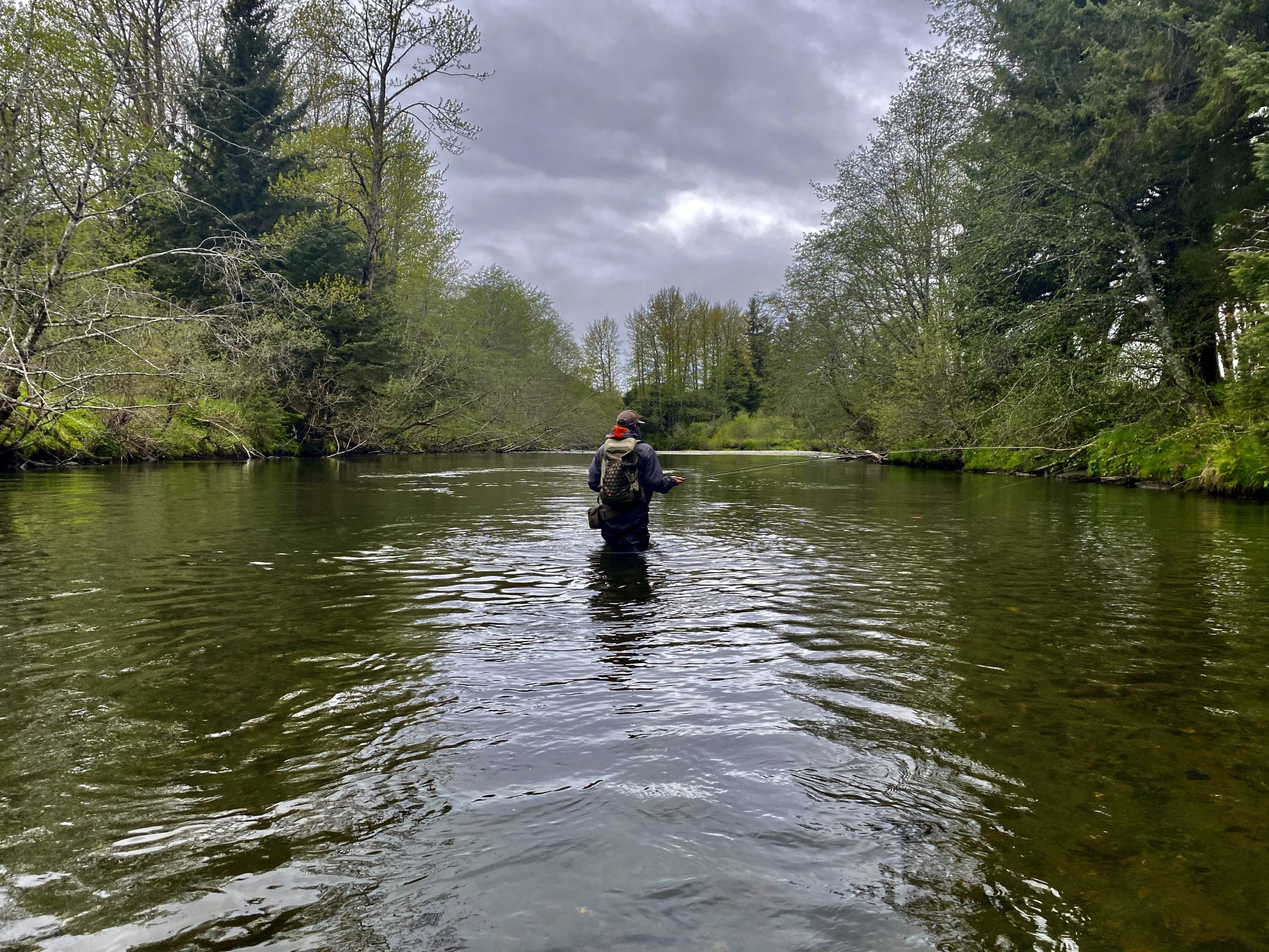
Our Changing Waters
Climate change is impacting U.S. fisheries, threatening AFFTA member businesses

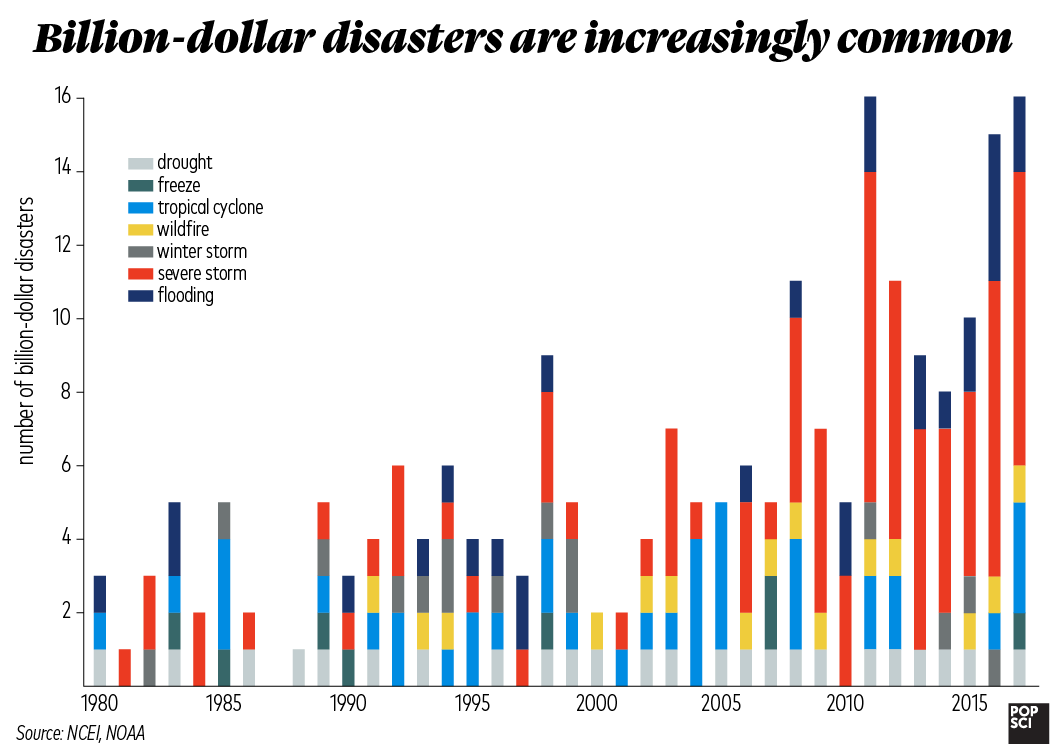
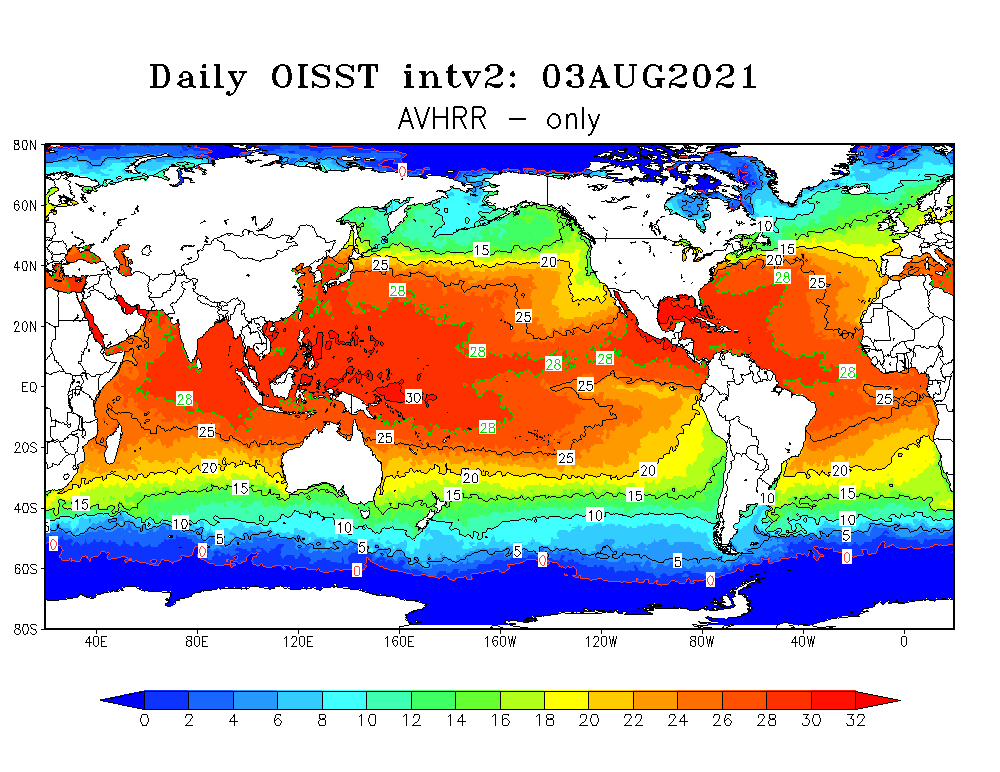
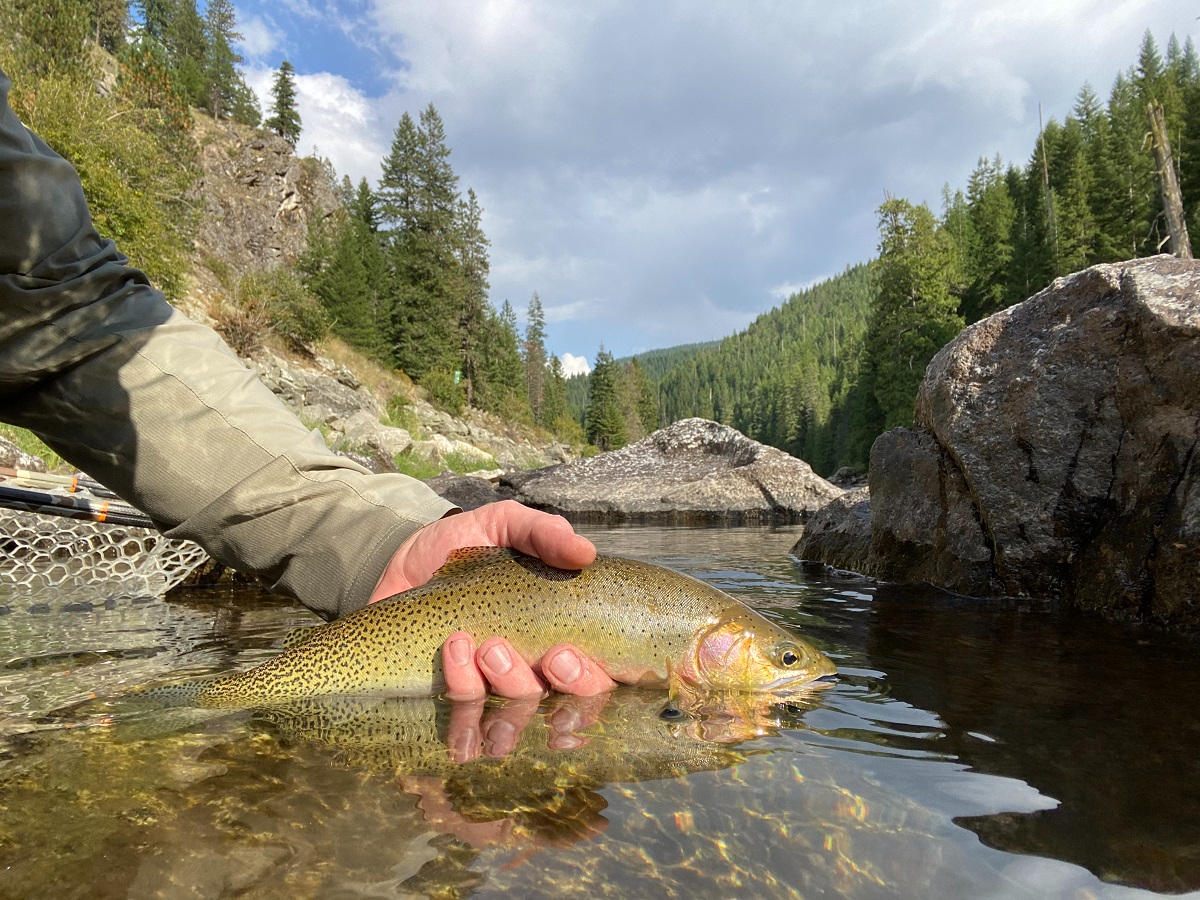
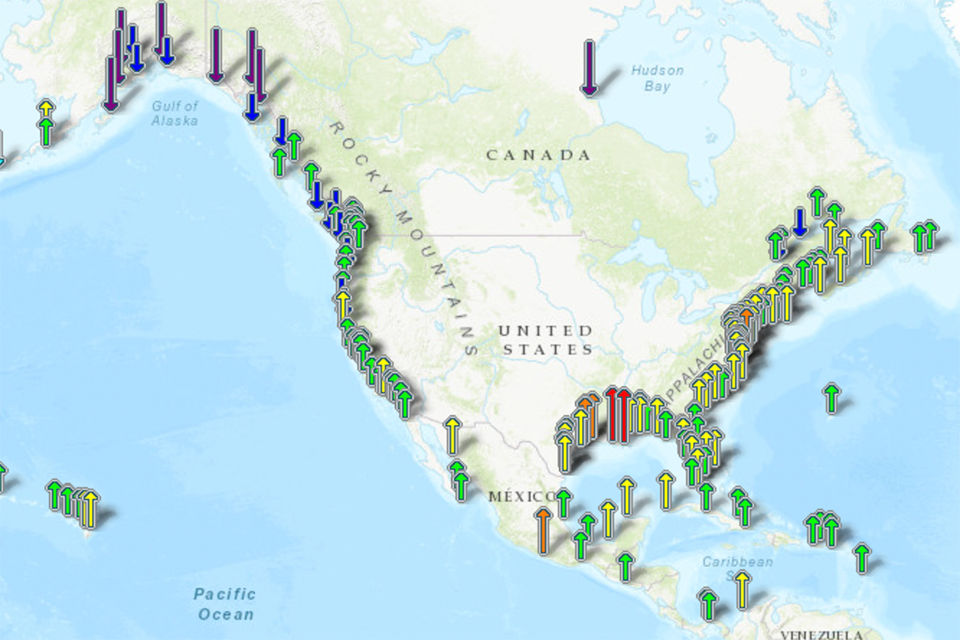
Images

